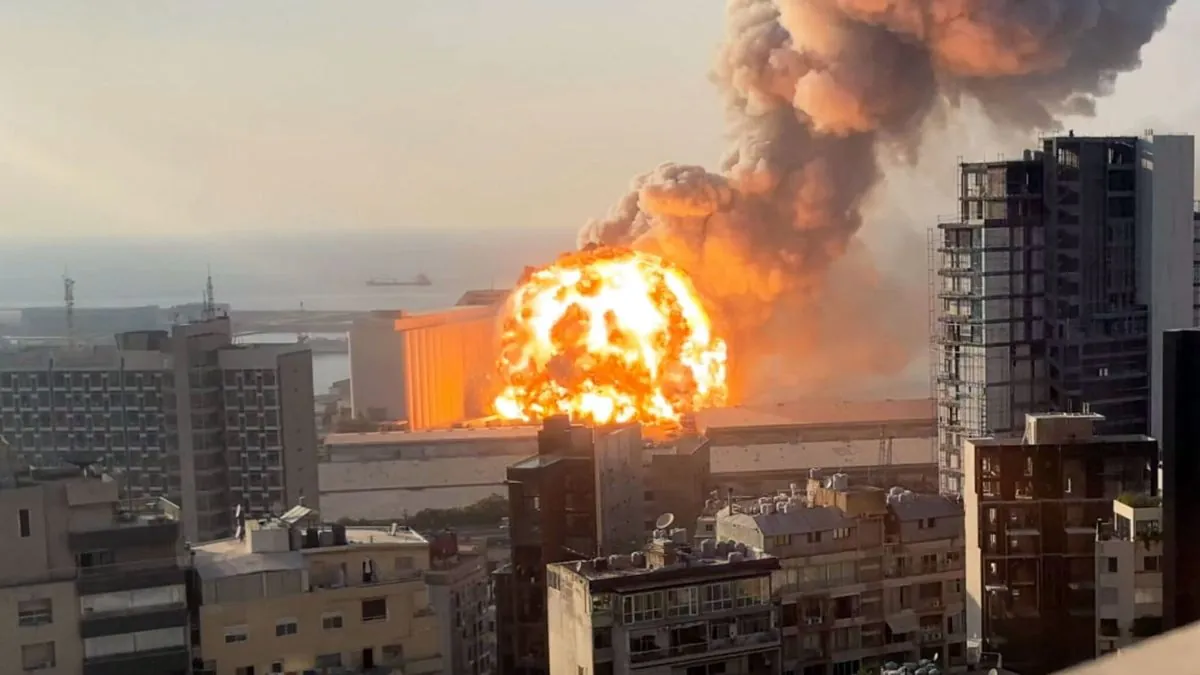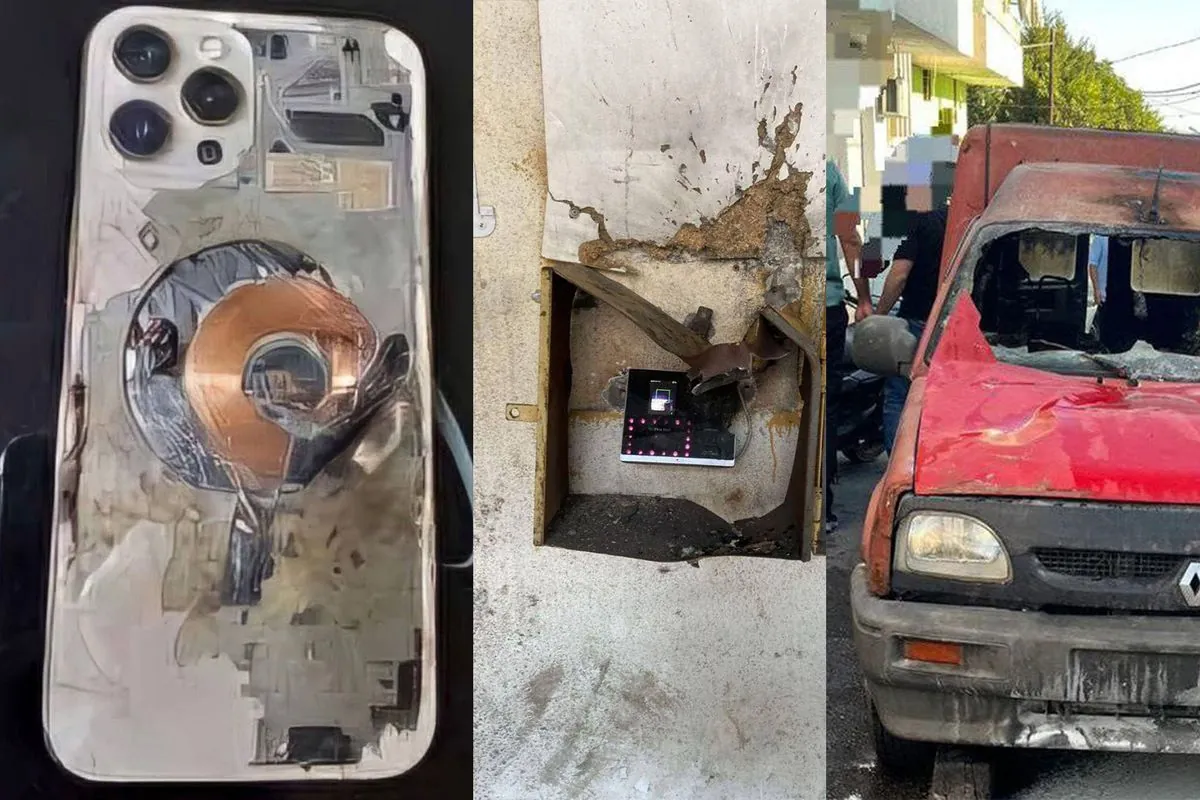Hezbollah-Israel Tensions Escalate: Electronic Device Attacks Shake Lebanon
Hezbollah continues attacks on Israel as electronic devices explode in Lebanon, killing 32 and injuring 3,000+. Israel warns of potential military escalation, raising fears of wider conflict.

In a significant escalation of tensions between Hezbollah and Israel, a series of unprecedented events has unfolded in the region. On April 18, 2024, Hezbollah launched a new barrage of attacks into northern Israel, continuing its pattern of daily exchanges with the Israeli military. This comes in the wake of a shocking incident where hundreds of electronic devices exploded across Lebanon, resulting in at least 32 fatalities and over 3,000 injuries.
The electronic device explosions, which occurred on April 16-17, 2024, appear to be the culmination of a months-long operation by Israel targeting Hezbollah members. The attacks affected pagers and walkie-talkies used by the group, injuring fighters and civilians associated with Hezbollah's social branches. Tragically, at least two children were among the casualties.

Hezbollah, founded in 1982 during the Lebanese Civil War, has been a significant force in Lebanon's political and military landscape. The group, which receives substantial support from Iran, has been involved in multiple conflicts with Israel, including the 2006 Lebanon War. With an estimated tens of thousands of fighters in its military wing, Hezbollah maintains a strong presence in southern Lebanon and operates a vast social services network.
The recent attacks have raised concerns about potential violations of international law. Mary Ellen O'Connell, a professor of law and international peace studies at the University of Notre Dame, stated that "Weaponizing an object used by civilians is strictly prohibited" under international law.
In response to the ongoing situation, Israel has moved additional troops to its border with Lebanon as a precautionary measure. Israeli Defense Minister Yoav Gallant addressed troops on April 17, 2024, stating:
"We are at the start of a new phase in the war — it requires courage, determination and perseverance."
Gallant also noted that after months of fighting Hamas in Gaza, "the center of gravity is shifting to the north by diverting resources and forces."
The conflict has its roots in the October 7, 2023, attack by Hamas on Israel, which led to an 11-month-long campaign in Gaza. Hezbollah has been firing into northern Israel almost daily as a show of support for Hamas. These exchanges have resulted in hundreds of casualties in Lebanon and dozens in Israel, forcing the evacuation of tens of thousands of residents on both sides of the border.
As tensions continue to rise, the international community remains concerned about the potential for a wider conflict. Hezbollah's leader, Hassan Nasrallah, who has been in power since 1992, is scheduled to speak on April 18, 2024, as the group vows to retaliate against Israel.
The recent events have severely disrupted Hezbollah's internal communication systems, forcing the organization to scramble for safe means of communication. This development could have significant implications for the group's operations, given its sophisticated rocket and missile arsenal and its influence on Lebanese politics.
As the situation unfolds, both sides appear to be on the brink of a potential larger conflict, with Israeli leaders warning of a possible stepped-up military operation against Hezbollah. The coming days will be crucial in determining whether diplomatic efforts can prevent further escalation or if the region will descend into a more widespread conflict.


































